I have a FolderA which contains FolderB and FileB. How can I create a tar.gz archive which ONLY contains FolderB and FileB, removing the parent directory FolderA? I'm using Python and I'm running this code on a Windows machine.
The best lead I found was: How to create full compressed tar file using Python?
In the most upvoted answer, people discuss ways to remove the parent directory, but none of them work for me. I've tried arcname, os.walk, and running the tar command via subprocess.call ().
I got close with os.walk, but in the code below, it still drops a " _ " directory in with FolderB and FileB. So, the file structure is ARCHIVE.tar.gz > ARCHIVE.tar > "_" directory, FolderB, FileB.
def make_tarfile(output_filename, source_dir):
with tarfile.open(output_filename, "w:gz") as tar:
length = len(source_dir)
for root, dirs, files in os.walk(source_dir):
folder = root[length:] # path without "parent"
for file in files:
tar.add(os.path.join(root, folder), folder)
I make the archive using:
make_tarfile('ARCHIVE.tar.gz', 'C:\FolderA')
Should I carry on using os.walk, or is there any other way to solve this?
Update
Here is an image showing the contents of my archive. As you can see, there is a " _ " folder in my archive that I want to get rid of--oddly enough, when I extract, only FolderA and FileB.html appear as archived. In essence, the behavior is correct, but if I could go the last step of removing the " _ " folder from the archive, that would be perfect. I'm going to ask an updated question to limit confusion.



